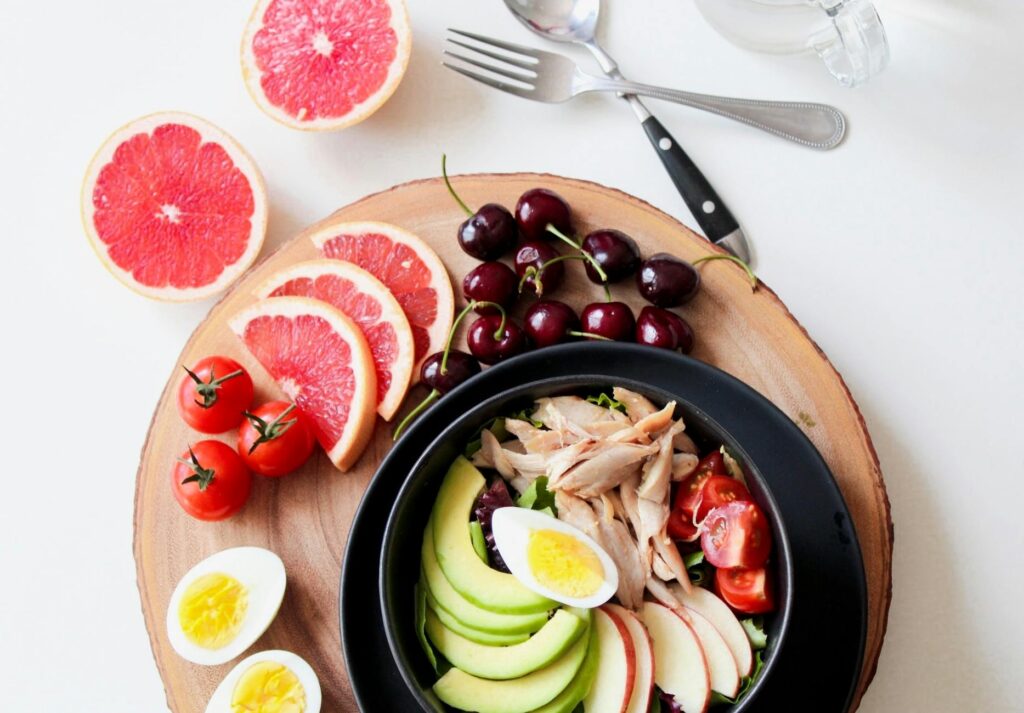13 Habits That Make Women Over 60 Feel Happier and Healthier for a Vibrant Life
As you navigate your sixties, it’s natural to seek ways to boost your happiness and health. Many women find that adopting certain habits can significantly enhance their quality of life during this transformative stage. Making small changes can lead to a remarkable difference in how you feel day-to-day and in the long run.
Understanding the habits that contribute to a happier and healthier life can empower you to take charge of your well-being. From mental exercises to diet adjustments, there’s a wealth of simple strategies that can make your daily routine more enjoyable and fulfilling. Embracing these habits can help you thrive and feel your best at this exciting point in life.

Staying social is crucial for your happiness. Make time to connect with friends regularly, whether it’s a quick coffee or a leisurely walk.
Having a strong support network can lift your spirits and improve your mental health. Try joining clubs or groups that match your interests.
Reaching out can be as simple as a phone call or a text. Don’t hesitate to invite others to join you in activities you enjoy.
Practice mindfulness and meditation

Practicing mindfulness and meditation can significantly enhance your well-being. These techniques help you stay present and reduce stress, making it easier to navigate daily challenges.
You don’t need to set aside hours; even a few minutes of focused breathing can help.
Studies have shown that meditation can improve your emotional health and boost your self-awareness.
Incorporating this habit into your routine can lead to better sleep and a greater sense of balance in your life. Enjoy the peace that comes with mindfulness and watch your happiness grow.
Indulge in Hobbies Regularly

Engaging in hobbies is a great way to enhance your well-being. Whether it’s painting, gardening, or playing an instrument, these activities bring joy and fulfillment.
Hobbies also provide a sense of purpose. You can express yourself creatively and connect with others who share similar interests.
Taking time for your passions helps reduce stress. Regularly indulging in what you love can improve your mood and keep your mind sharp. Embrace your hobbies—they’re an important part of living fully in this stage of life.
Spend Time Outdoors Frequently

Getting outside can work wonders for your mood and well-being. Whether it’s a short walk in the park or gardening in your backyard, fresh air does you good.
Nature can help reduce stress and anxiety. Spending just 20 minutes outdoors can significantly lower stress hormones, making it a simple way to boost your mental health.
Find activities you enjoy, like hiking or picnicking. The key is to make it a regular habit. Your mind and body will thank you for the time spent enjoying the outdoors.
Include calcium and vitamin D supplements

As you age, ensuring you get enough calcium and vitamin D is essential for your bone health. These nutrients help maintain bone density and lower the risk of fractures.
Consider incorporating calcium-rich foods like dairy products, leafy greens, and fortified foods into your diet. You might also think about taking a supplement if you struggle to meet your needs.
Aim for about 800 to 1000 IU of vitamin D daily and 500 to 700 milligrams of calcium. Always consult your doctor before starting any new supplement to find the right balance for your health needs.
Prioritize getting enough sleep

Getting enough sleep is key for your well-being. Quality rest boosts your mood and energy levels. Aim for seven to nine hours each night.
Creating a bedtime routine can help signal your body that it’s time to wind down. Consider activities like reading or gentle stretching.
Natural light exposure during the day can improve your sleep at night. Try to spend some time outside, especially in the morning.
Avoid screens right before bed to enhance your sleep quality. This simple change can make a big difference in how you feel.
Engage in regular physical activities like yoga

Yoga is a fantastic way to stay active and enhance your well-being. It improves flexibility and strength, which can help you feel more agile in your daily life.
Participating in yoga classes or following online tutorials can be a fun way to engage with others, too. This social aspect can lift your spirits and create a sense of community.
Moreover, yoga encourages mindfulness and relaxation. Taking time to focus on your breath can significantly reduce stress and promote a more positive outlook on life.
Follow a balanced diet rich in whole foods

Eating a balanced diet is key to feeling your best. Focus on whole foods like fruits, vegetables, whole grains, and lean proteins. These foods provide essential nutrients that can boost your energy and mood.
Try to limit processed foods, which often contain added sugars and unhealthy fats. Instead, aim for colorful plates filled with a variety of natural foods.
Incorporating legumes, nuts, and seeds can also help you stay satisfied and nourished. Enjoy making simple, healthy meals that support your well-being.
Limit sugar and alcohol consumption

Cutting back on sugar can boost your energy and mood. Try to limit added sugars to less than 10% of your daily calories. This helps you focus on natural sugars from fruits and vegetables instead.
When it comes to alcohol, moderation is key. Stick to no more than two standard drinks a day if you choose to drink. Drinking less can improve your overall well-being and help you manage any health issues.
Practice good dental hygiene

Taking care of your teeth is essential for your overall well-being. Brush at least twice a day to keep your smile bright and fresh. Don’t forget to floss daily; it helps remove food particles and plaque from between your teeth.
Regular dental check-ups are also important. Your dentist can spot potential issues early, keeping your mouth healthy. Staying hydrated can help alleviate dry mouth, which is common as we age.
Finally, consider using mouthwash to keep your breath fresh. These small habits can make a big difference in how you feel and smile every day.
Learn new skills and take up new challenges

Trying new things can bring excitement to your life. Whether it’s picking up a new hobby or learning a new language, these activities keep your mind sharp.
You might consider joining a class or group. Meeting new people and sharing experiences can boost your mood.
Taking on challenges, like starting a garden or learning to dance, also builds confidence. Each small win adds to your happiness and sense of accomplishment.
So go ahead, step out of your comfort zone. You might be surprised by what you enjoy!
Maintain a low-salt diet to regulate blood pressure

Reducing salt in your diet can play a big role in keeping your blood pressure in check. Too much sodium can cause your body to hold onto water, which adds pressure to your blood vessels.
You can start by cutting back on table salt and avoiding processed foods. Fresh fruits, vegetables, and whole grains are great choices for flavor without the extra sodium.
Experiment with herbs and spices to add taste without compromising your health. Making these small changes can help you feel better overall.
Incorporate Weightlifting into Your Exercise Routine

Adding weightlifting to your routine can boost your strength and confidence. It supports muscle tone and improves balance, which is essential as you age.
Start with light weights to avoid injury. Gradually increase the load as you feel more comfortable. Aim for two to three sessions a week, focusing on different muscle groups.
Not only does weightlifting enhance physical health, but it also promotes mental well-being. Feeling stronger can elevate your mood and create a sense of accomplishment. Remember, consistency is key!
Related: 15 Clever Hacks To Reduce That Never-Ending Grocery Bill

Managing grocery expenses can be challenging for many households, especially with rising food costs and fluctuating budgets.
However, with some creativity and resourcefulness, you can implement numerous clever hacks to reduce your never-ending grocery bill without sacrificing the quality or variety of your meals.







